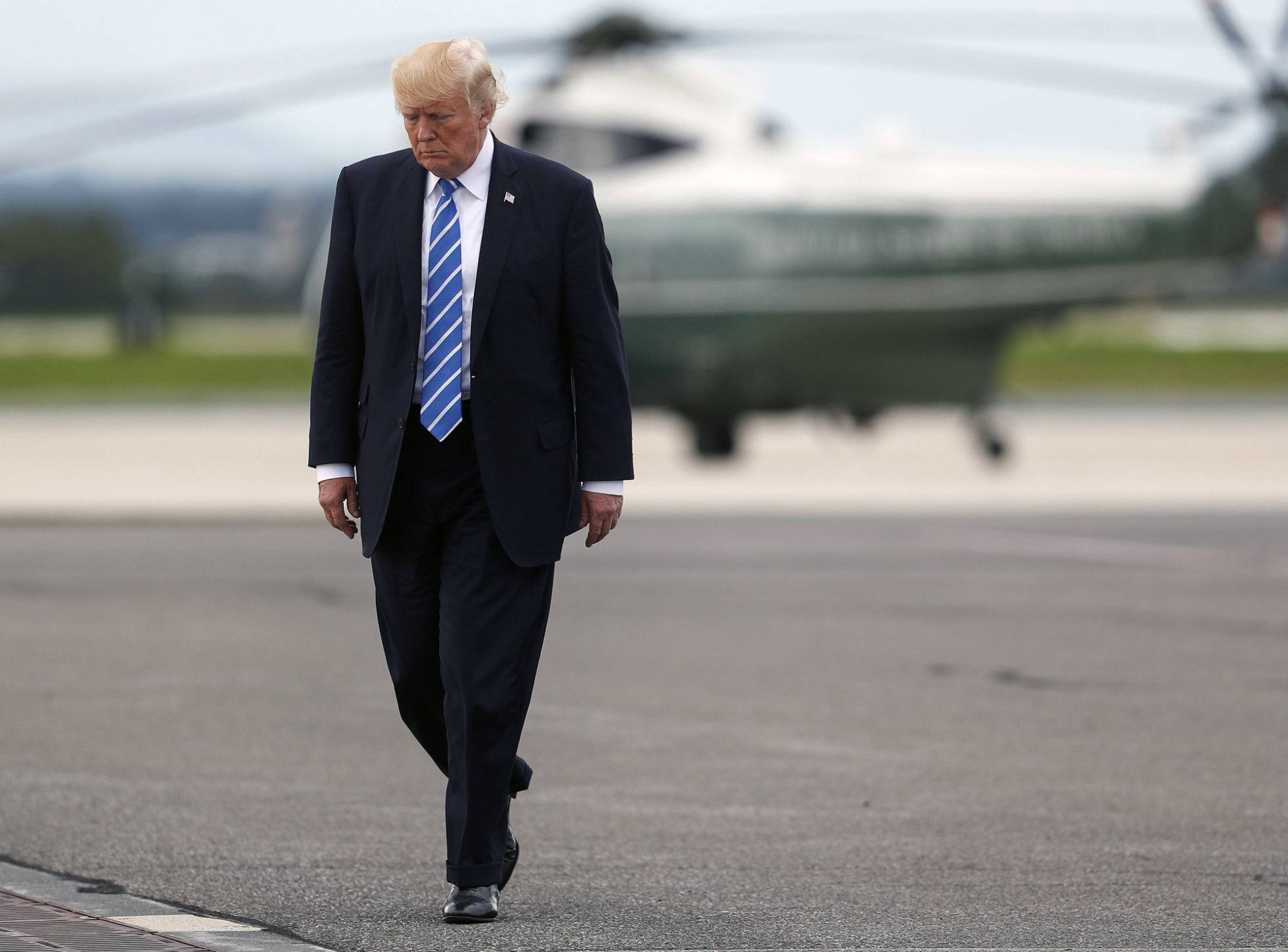
How Does the US Continue To Lead the World?
Earlier this year in July, Trump made an announcement from the White House that the U.S. was withdrawing from the Paris climate agreement, and this immediately led to intense domestic protests and international resentment.
Internationally, the Paris climate agreement is the third historic milestone in international law, and it is a continuation of the 1992 United Nations Framework Convention on Climate Change, which was followed by the 1997 Kyoto Protocol; it sets targets to control the earth’s temperature and greenhouse gas emissions, and has set out its agenda for the governance of these targets beyond the year 2020. As the result of constant discussions over the past few decades, a common understanding has been reached, and the Paris climate agreement has obtained extensive worldwide support. And yet Trump has declared that the U.S. is withdrawing from the Paris climate agreement, and it can be said that the EU and the rest of the world are forming the opinion that the U.S. is heading down the road of nationalism.
In recent debates regarding the cost of defense between the U.S., the EU, and their Asian allies, the United States' interests have been number one. The U.S. does not care about the construction of common interests in pursuing its “America First” policy and is not willing to shoulder its responsibilities as a powerful country. This means that the direction of global governance is currently highly uncertain.
Those going down the road of nationalism with Trump’s “Make America Great Again” dream may not have great doubts about America’s ability to lead the world. However, the current state of affairs runs counter to this desire. On Aug. 12 in Charlottesville, white supremacists, Ku Klux Klan members and neo-Nazis held a political protest that turned violent. Afterward, anti-racist demonstrations were held in many locations, while right-wing protesters claimed to hold nine demonstrations. On Aug. 14, in Durham, North Carolina, protesters pulled down a Confederate statue; on Aug. 15, the Lincoln Memorial in Washington was vandalized by graffiti. Everyone is becoming more divided, and people on the left and the right are becoming ever more opposed to each other.
The governmental imbalance and the political hierarchy are becoming even more critical, and are increasingly hard for the U.S. to ignore. After Word War II, the U.S. constructed a national education system, invested in advanced technology and a transnational economy, led rapid and comprehensive improvements in global militaries, focused on sovereign interventions with global strategic gains, and was very active and clear in its intentions: primarily, to establish dominance in North America; secondly, to create NATO so it could lead Europe and pull down the Soviet Union. At the beginning of this century, the global focus shifted toward Asia, and the strategy of pivoting to the Asia-Pacific sphere was created. In all respects, the U.S. was the leading figure.
However, currently, the U.S. is shrinking back from its global responsibilities and obligations – even the North American Free Trade Agreement appears to be in renegotiations. America is currently facing violence and opposition from different political groups, and growing differences in ideologies prove that the current domestic political polarization of the U.S. has reached a new level. These are not issues that can be resolved overnight. Consequently, the United States' energy and its ability to lead the world are inevitably being called into question.

